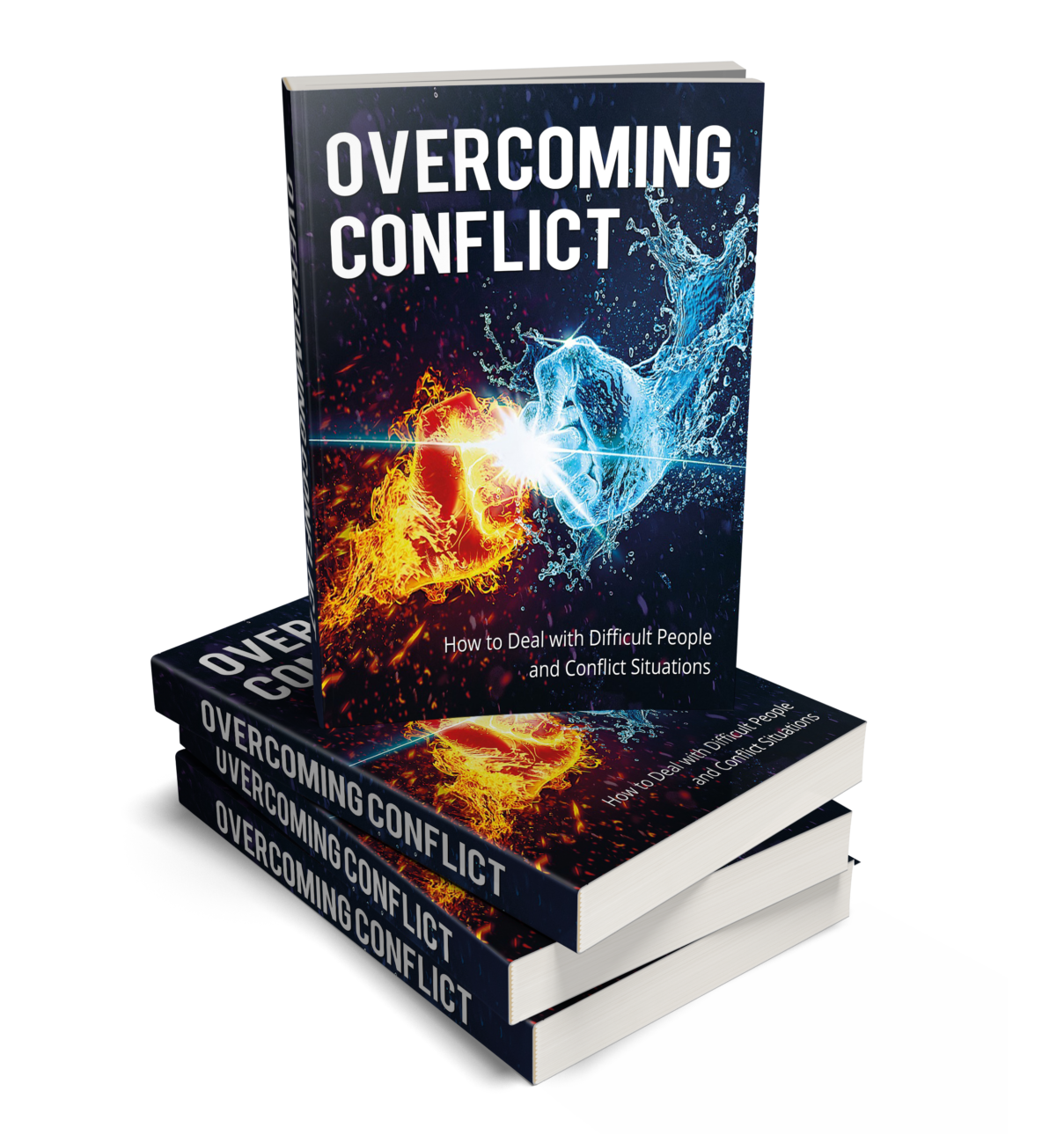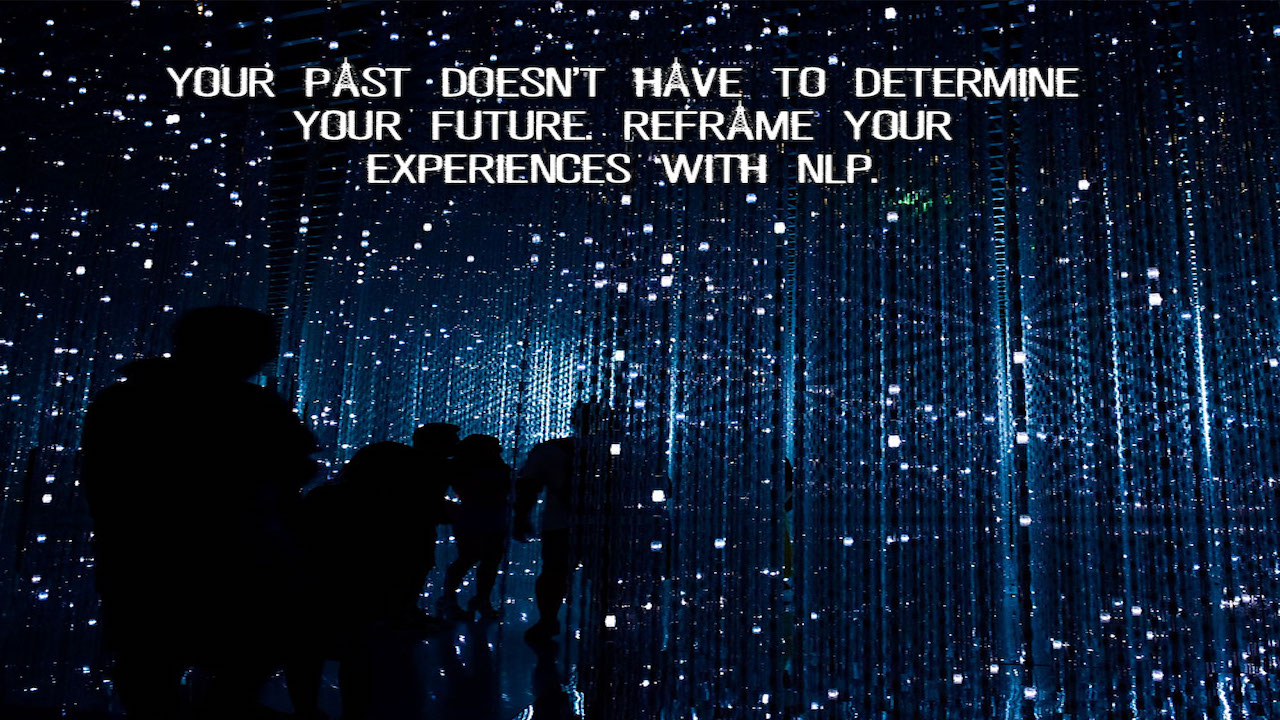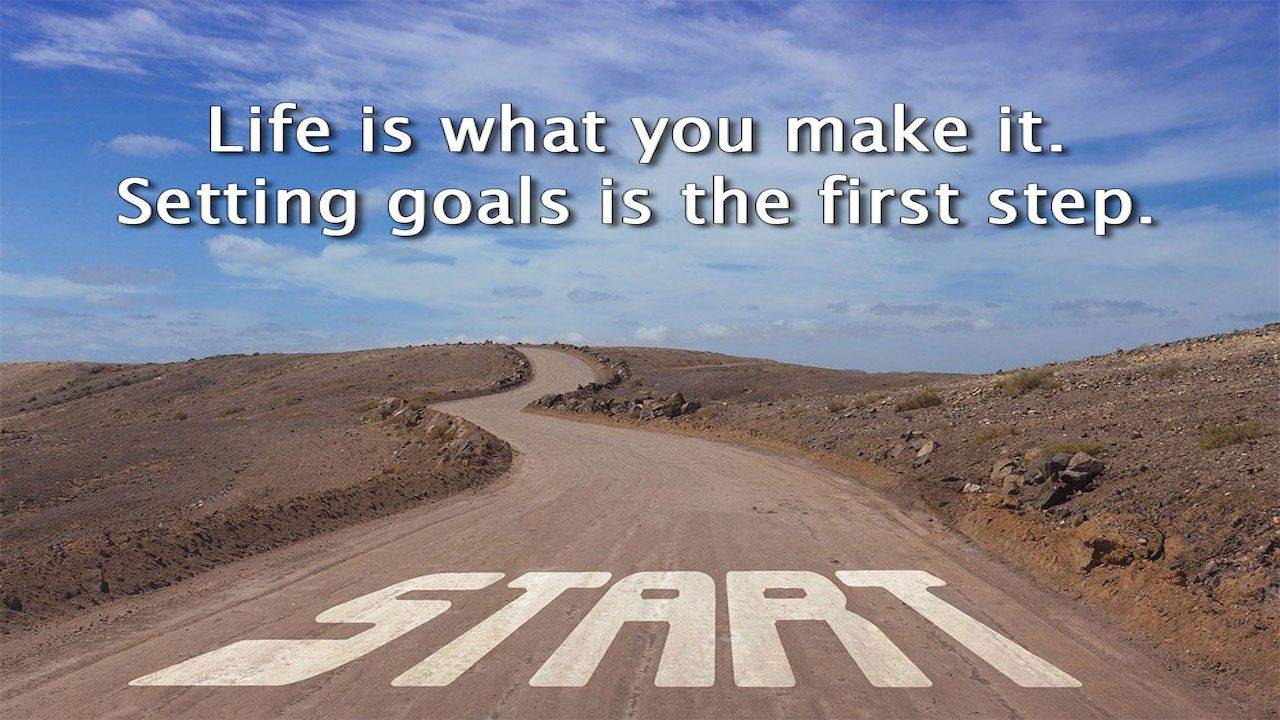When we are caught in an argument, it is easy to act defensively, and if both parties are acting in the heat of the moment, a resolution may be almost impossible. Why? Because both parties refuse to listen.
Hearing is a passive skill that does not require much thought, however, actively listening is an indispensable tool when it comes to handling conflicts. In a conflict situation, both parties want to feel that they are heard, and ideally understood.
Feeling that their thoughts and feelings are not perceived as valid by the other party will make the situation worse. By listening to the other person, you can de-escalate the tension, calm emotions, and hopefully, lead to a peaceful resolution.
Just like any other skill, we can develop our listening skills to help us become better listeners. There are different techniques that coaches and counselors make use of with their clients, and you don’t need to be an expert to apply these same techniques. You just need to practice doing these techniques so you can become a good listener and a better communicator. Here’s what you can do.
Practice Active Listening
To be a good listener requires effort. This is especially true when in a heated discussion with another person. The last thing you feel like doing is to stop talking and give them total control, by showing that you are listening intently.
However, to avoid debates becoming full-blown arguments, active listening is the key to dealing with any conflict.
Active listening is not as simple as listening. Active listening is where the listener uses different communication techniques to make the other person feel that they are truly being listened to and understood. These techniques include paraphrasing, summarizing, and reframing.
- Paraphrasing is when you re-state what the other person said using your own words to show that you fully comprehend what was being said.
- Summarizing is to synthesize the message of the other person, including the emotions that the other person might be feeling about the situation.
- Reframing is simply a way for the listener to describe what the other person wants to achieve, regardless of whether you agree to it or not.
Once the other person feels calmer, then you can begin to resolve the conflict.
Probe Further
Being a good listener requires you to ask questions to better understand where the other person is coming from. It could help to determine the root cause of the conflict. Ask questions to gather more information while avoiding challenging what was already said. Avoid coming off as being judgemental when asking your questions.
Frame your questions without bias. Your questions should flow naturally. Ask questions to elaborate and clarify, so that you totally ‘get it’ from the other person’s perspective.
Check Your Body Language
Since you shouldn’t be talking while you are listening, you need to be mindful of your body language, especially your facial expressions. These non-verbal cues can speak volumes in an argument. Your body actions and facial expressions can make the conflict worse if you are not careful. For example, rolling your eyes or giving off an ‘I don’t care’ look will not be conducive to a good outcome.
Body language and facial expressions can have multiple meanings and can be understood in many different ways. Try your best to maintain a neutral expression throughout the conversation. Avoid gestures such as folding your arms which can be negatively interpreted.
Be Open
The last, but definitely not the least, is to be open. Being open means being flexible to the other person’s beliefs. You and the other party might have different opinions, but to become a good listener means suspending your judgment and prejudices so you can hear their perspective.
Being open does not imply that you have decided to agree with them. It simply allows you to listen and possibly gain a better understanding of the situation. It also allows your preconceptions to not interfere with the discussion.
In summary, we all want to be heard and feel like our voice matters. When both parties refuse to listen, it can make the conflicting situation worse, making it very difficult to resolve the issue.
While it feels great to be listened to, remember that communication goes both ways, and for you to feel heard, you must be ready to listen first.
Do You Dread Conflict and Disagreement?
Do you find yourself walking on eggshells around some people, for fear of a conflict situation?

Unfortunately, it is a fact of life that disagreements are inevitable. It is naïve to think otherwise, yet most people wish that their interactions with other people could just go smoother, without any conflict.
Overcoming Conflict
This eBook was written to help you learn an essential life skill that will empower you and make your life easier and happier.
With our incredible minds and the multitude of variables that can influence our mindsets, it should be no surprise that our thinking, expectations, and execution methods can differ greatly.
These differences will invariably end up being expressed as some form of conflict.
There are always two sides, and naturally, we usually believe that our case is the right one!
As you are no doubt aware, some people seem to always be part of the problem and not the solution, adding more tension and angst to the simplest of exchanges.
These people can drag on your life force and crush your happiness. You can empower yourself with an improved understanding of how conflict resolution works.
‘Overcoming Conflict’ will help you understand how and why some people have a way of easily resolving conflict, and how you can too.
You will also learn –
- How to avoid conflict when dealing with difficult people, to prevent disagreements from escalating.
- How to be a more confident and successful negotiator.
- That a win-win solution isn’t the only outcome or even the best one.
- How to come up with win-win solutions whenever possible.
- How to save your personal relationships from conflict.
- How to control your anger for better outcomes, and to handle other people’s anger too.
- And much more!



